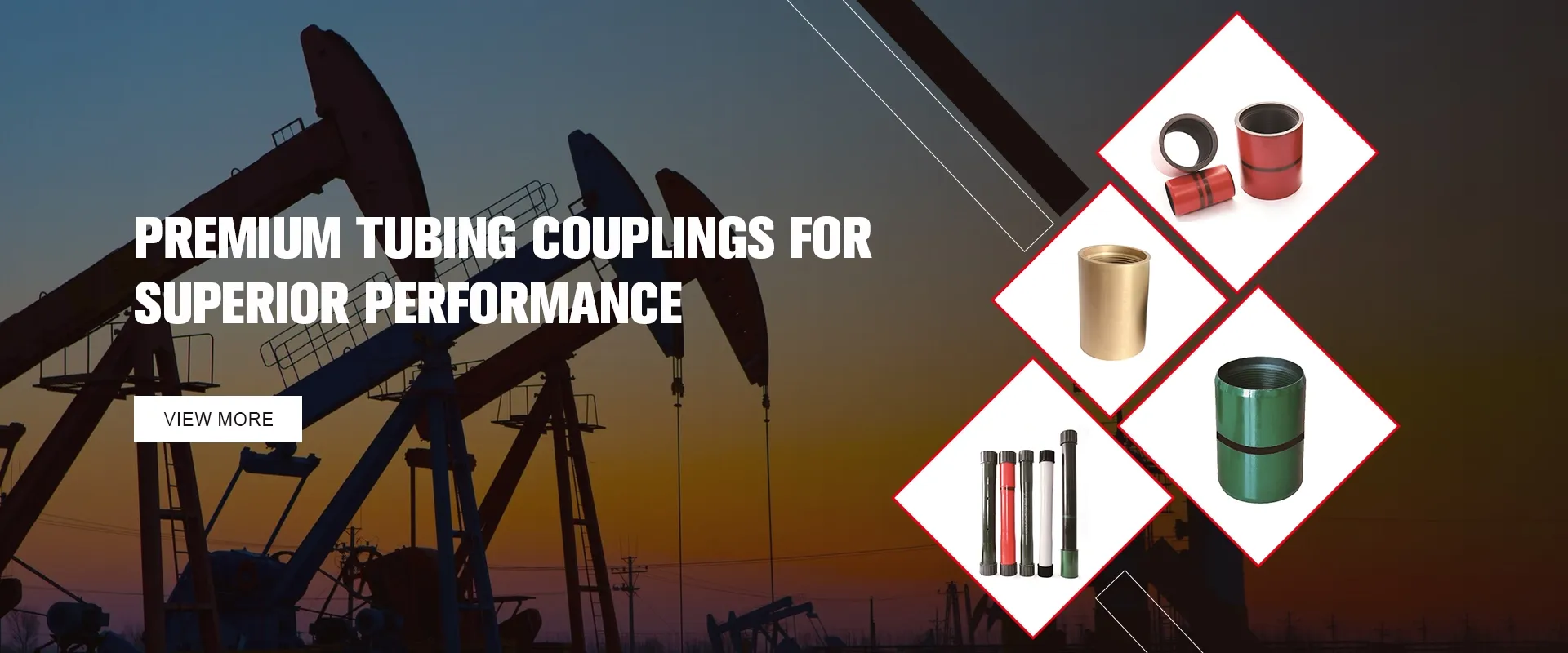- Afrikaans
- Albanian
- Amharic
- Arabic
- Armenian
- Azerbaijani
- Basque
- Belarusian
- Bengali
- Bosnian
- Bulgarian
- Catalan
- Cebuano
- Corsican
- Croatian
- Czech
- Danish
- Dutch
- English
- Esperanto
- Estonian
- Finnish
- French
- Frisian
- Galician
- Georgian
- German
- Greek
- Gujarati
- Haitian Creole
- hausa
- hawaiian
- Hebrew
- Hindi
- Miao
- Hungarian
- Icelandic
- igbo
- Indonesian
- irish
- Italian
- Japanese
- Javanese
- Kannada
- kazakh
- Khmer
- Rwandese
- Korean
- Kurdish
- Kyrgyz
- Lao
- Latin
- Latvian
- Lithuanian
- Luxembourgish
- Macedonian
- Malgashi
- Malay
- Malayalam
- Maltese
- Maori
- Marathi
- Mongolian
- Myanmar
- Nepali
- Norwegian
- Norwegian
- Occitan
- Pashto
- Persian
- Polish
- Portuguese
- Punjabi
- Romanian
- Russian
- Samoan
- Scottish Gaelic
- Serbian
- Sesotho
- Shona
- Sindhi
- Sinhala
- Slovak
- Slovenian
- Somali
- Spanish
- Sundanese
- Swahili
- Swedish
- Tagalog
- Tajik
- Tamil
- Tatar
- Telugu
- Thai
- Turkish
- Turkmen
- Ukrainian
- Urdu
- Uighur
- Uzbek
- Vietnamese
- Welsh
- Bantu
- Yiddish
- Yoruba
- Zulu
Understanding Finished Casing Couplings in Oil and Gas Operations for Better Performance
Understanding Finished Casing Couplings in Oil and Gas Operations
In the oil and gas industry, the integrity and efficiency of well construction are paramount. Among the various components that contribute to a successful drilling operation, finished casing couplings play a crucial role. This article aims to provide an in-depth understanding of finished casing couplings, their significance, types, and the technology involved in their design and manufacturing.
What are Finished Casing Couplings?
Finished casing couplings are specialized tools used to connect lengths of casing pipe in oil and gas wells. They serve as crucial links that allow for the assembly of casing strings, which are essential for maintaining the structural integrity of the wellbore. The casing pipes, typically made of high-strength steel, are inserted into the well after drilling to prevent the walls from collapsing and to protect the well from contamination.
Couplings are designed to withstand high pressure and external forces encountered during drilling and production. They not only provide a robust connection between casing pipes but also ensure that the well can function efficiently under various environmental and operational challenges.
Importance of Casing Couplings
1. Structural Integrity The main function of casing couplings is to ensure the structural integrity of the wellbore. Properly designed couplings guarantee that the casing strings remain firmly connected, reducing the risks of leaks or failings.
2. Pressure Resistance Casing couplings must be able to withstand substantial internal and external pressures. Finished couplings are engineered to handle high-pressure environments found in various formations.
3. Operational Efficiency Couplings facilitate swift and efficient assembly of casing strings, allowing drilling operations to proceed without delays. Efficient assembly minimizes downtime, contributing to overall project success and cost-effectiveness.
4. Corrosion Resistance Given that well environments are often harsh, finished casing couplings are manufactured using materials that resist corrosion and wear. This longevity enhances the reliability of the well over time.
Types of Finished Casing Couplings
There are several types of finished casing couplings, each designed for specific applications and environmental conditions
finished casing coupling

1. Standard Couplings The most common type, designed for general applications across various depths and formations. These typically have a simple design without any additional features.
2. Premium Couplings These offer enhanced performance through special designs and coatings that improve pressure resistance and reduce the risk of leaks. They are suitable for high-pressure and challenging environments.
3. Specialty Couplings These include couplings designed for specific applications, such as those used in horizontal drilling or extreme depths. Their designs consider unique operational conditions that standard couplings may not withstand.
4. Locking Couplings Featuring an enhanced locking mechanism, these couplings provide additional security in high-stress applications where failure is not an option.
Manufacturing Process
The manufacturing of finished casing couplings is a precise process that combines advanced materials technology, engineering, and quality control. High-strength steel is typically used due to its durability and resistance to wear. The process often includes
1. Material Selection Raw materials are carefully selected based on the specific requirements of the application, including factors like tensile strength and corrosion resistance.
2. Forging and Machining The selected materials are forged into shape and machined to exact specifications, ensuring tight tolerances that are crucial for proper fit and function.
3. Heat Treatment Couplings undergo heat treatment processes to enhance their mechanical properties, ensuring they can withstand the demanding conditions of well operations.
4. Quality Control Rigorous testing is conducted to ensure that finished couplings meet international standards for quality and safety. This includes pressure testing, dimensional inspections, and material testing.
Conclusion
Finished casing couplings are indispensable components in the oil and gas industry, ensuring the safe and efficient operation of wells. With their structural integrity, pressure resistance, and operational efficiency, these couplings significantly impact the success of drilling projects. As technology continues to evolve, the innovations in casing coupling design and manufacturing will further enhance their performance and reliability, supporting the industry's ongoing need for high-quality, resilient solutions.
-
Well Casing Extension Couplings – Applications and InstallationNewsJun.06,2025
-
Types of Crossover Subs in Drilling & CompletionNewsJun.06,2025
-
Key Features of High-Quality Tubing Pup JointsNewsJun.06,2025
-
Installation and Maintenance Tips for Steel Couplings for PipeNewsJun.06,2025
-
How to Select the Right Pup Joint for Oil & Gas OperationsNewsJun.06,2025
-
Applications of Stainless Steel Pipe CouplingsNewsJun.06,2025







